Bihar rice mill scam: A decade later, 2000 rice mills still shut in the state; paddy procurement 25% of the total production
Rice mills in Bihar took a pounding a decade ago when 2,000 of the total 3,000 mills in the state were shut down due to a multi-crore scam. The repercussions are still being felt in the state and paddy farmers continue to suffer the consequences.


A decade ago, Bihar, which ranks in the top 10 states in the country in paddy production, had over 3,000 rice mills. A large number of farmers in the state used to sell their paddy to these rice mills.
Paddy production in the state has been on a rise. From 6.8 million tonnes in 2015-16, it jumped to 8.09 million tonnes in 2017-18, though last year a production of 6.18 million tonnes was recorded in the state. Paddy productivity has also increased from 1,075 kg per hectare in 2005-06 to 2,447 kg per hectare in 2017-18, as recorded by the department of agriculture, Bihar government.
While the cultivation of paddy has been steadily increasing in the state, procurement of paddy has been well below the desired target of 30 lakh tonnes as set by the state government. Between 2014 and 2019, the state government has procured only 25 to 30 per cent of the produce.
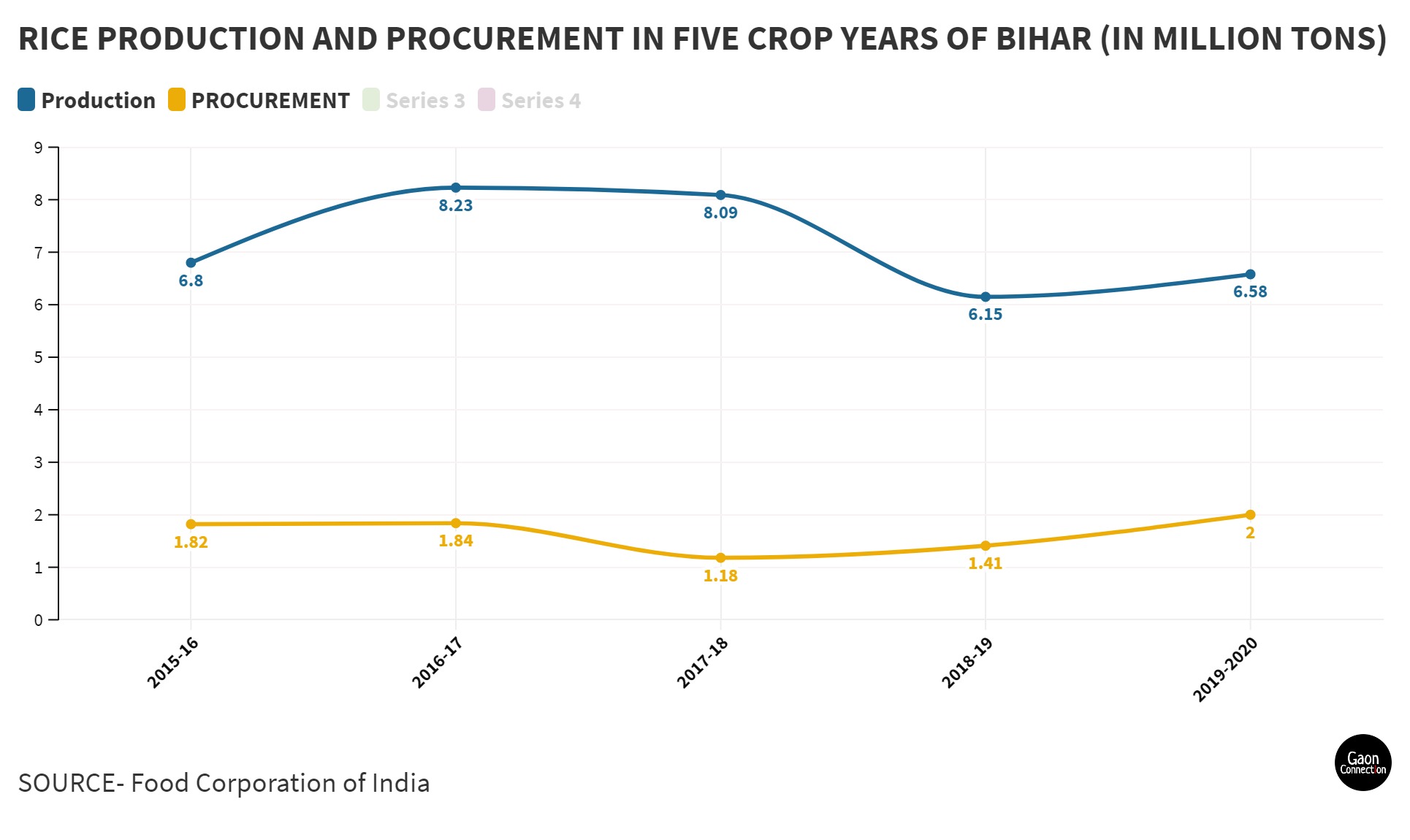
Why is it that in spite of such a high production of paddy, with more than 40 per cent of the state’s cultivable land under paddy, the procurement remains low?
A part of the answer lies in a multi-crore rice mill scam that rocked the state a decade ago because of which, of the total 3,000 rice mills in the state, 2000 were declared defaulters and shut down. These rice mills are still shut and the court cases are going on.
Paddy procurement has suffered and so have the farmers who are forced to sell their crop below the minimum support price (MSP) to local traders and middlemen, who in turn transport Bihar’s paddy to other states to sell and make a killing.
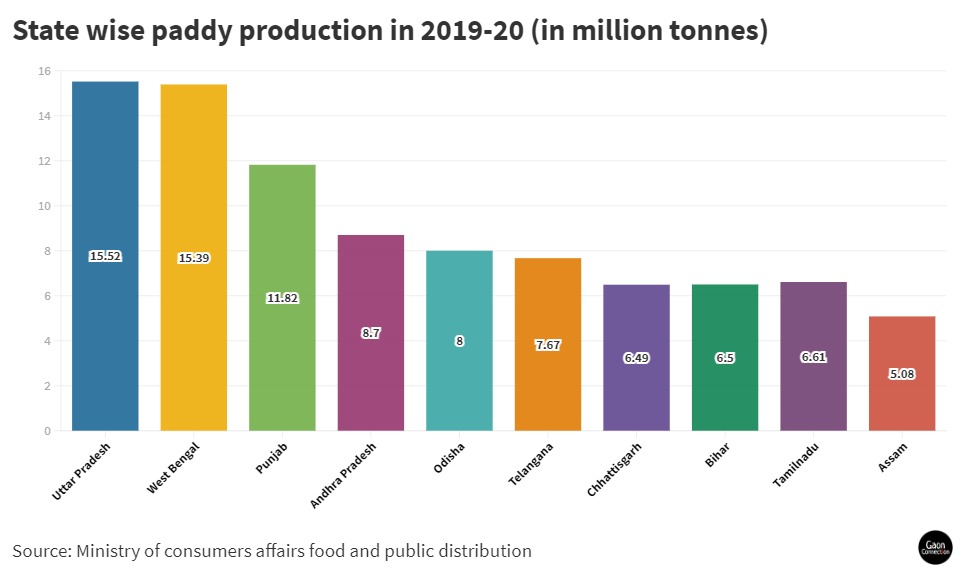
The Bihar government procures far less from its farmers than what it needs for its public distribution system (PDS). “Even today, the state government buys only ten per cent of the 40 lakh metric tonnes of rice it requires for the PDS, from the millers,” Shashikant Jha, secretary of the Bihar Rice Mill Association, told Gaon Connection.
He pointed out that the Bihar state government calls in 2.5 million tonnes to 2.8 million tonnes of rice from Punjab, Haryana, Chhattisgarh, Madhya Pradesh and Telangana in order to fulfil its PDS requirements.
“If this rice was procured from the farmers within the state, the government would also save the money, but the government is not doing it,” he complained.
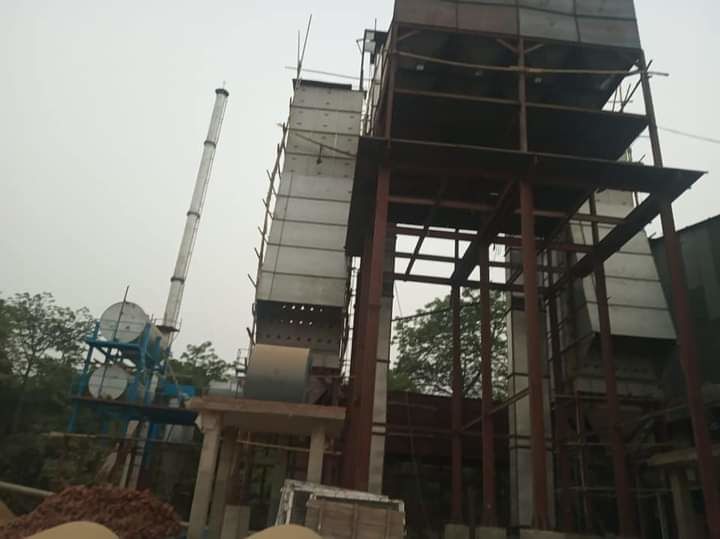
He blamed the closing down of 2,000 rice mills in the state a decade ago for the woes of paddy farmers who are unable to get MSP for their crops.
Ten years later, court cases are still being fought over the issue, and only 1,000 rice mills are still operational. Farmers who are unable to sell to the millers now are forced to sell to arthiyas or middlemen at prices way below the MSP they would have got had they sold to the government agencies.
Bihar’s rice mill scam
In 2006, the Nitish Kumar government in Bihar abolished the APMC (Agricultural Produce Market Committee) Act claiming to rid farmers of the menace of middlemen. In order to facilitate the farmers, the government set up Primary Agricultural Credit Societies (PACS), that was to be the agency for paddy procurement.
PACS is a panchayat and rural level unit that provides loans to farmers and helps sell their produce at a good price. There are about 6,598 PACS centres functioning in Bihar. PACS along with 500 other vyapar mandals (government agencies) procure paddy under the supervision of the Bihar State Food and Civil Supplies Corporation from the farmers, which in turn sends the procured paddy to the millers.
“The millers mill the paddy and give back the processed rice to the Bihar State Food and Civil Supplies Corporation through PACS,” explained Rai. Food Corporation of India, then procures it from there.
The problem arose when the government agencies began to drag their feet in picking up the rice consignments from the mills. “In order to get the paddy from the Bihar State Food and Civil Supplies Corporation, the millers had to make a deposit only after which the consignment of paddy came to them,” explained Rai.
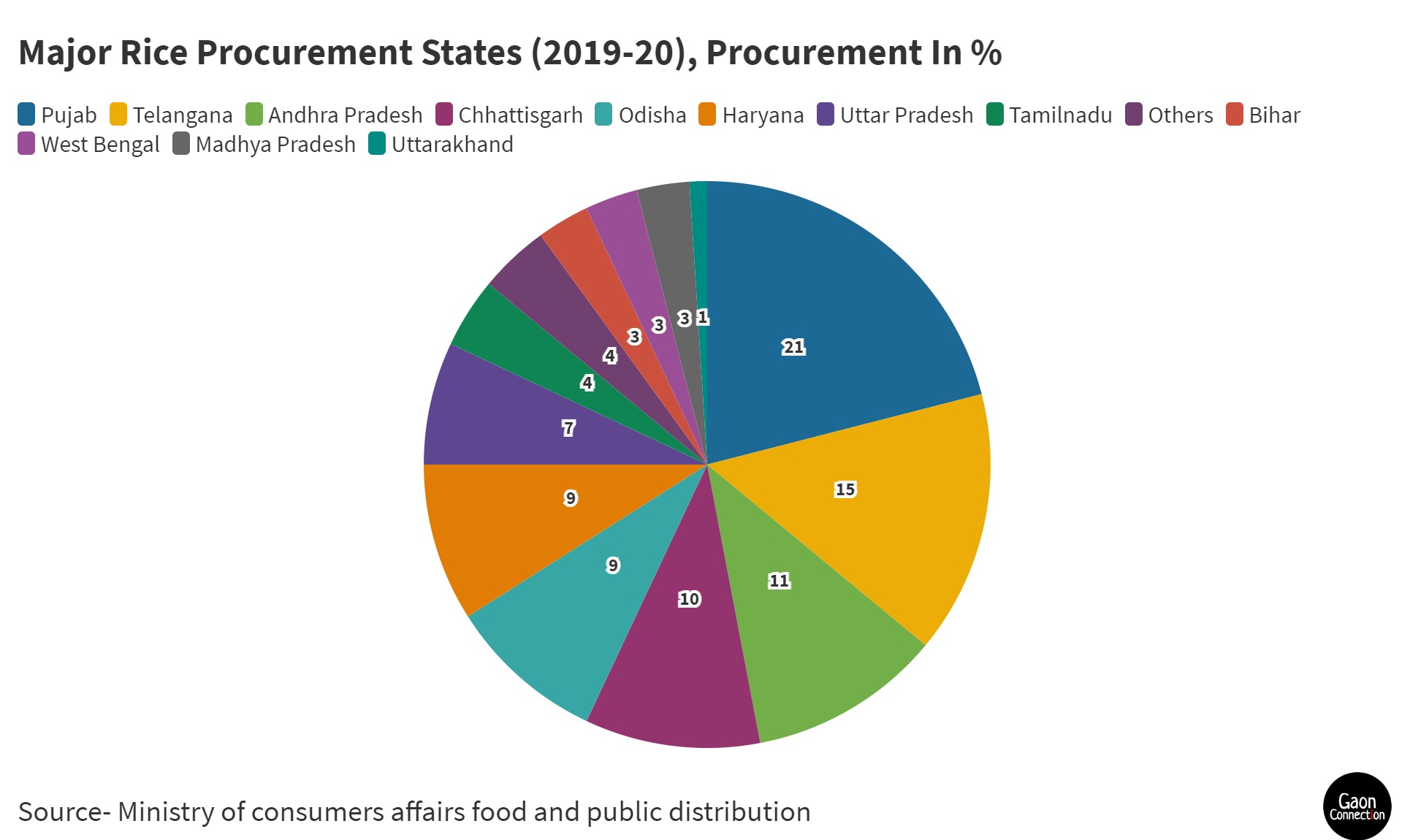
According to him the procurement agency kept sending paddy consignments to the mills for which the millers had to pay a deposit each time. Deposits to the procurement agencies kept increasing as did the stock of rice back in the mills.
“The Bihar Civil Supplies Corporation buying contractors began demanding we carry the rice to the procurement centres at our own expense,” said Rai. That led to a huge protest by the millers and many of them were declared defaulters.
“PACS began to give the paddy to be processed only to those millers affiliated with the government,” Gajendra Singh, the PACS head at Devhalia Panchayat in Kaimur district, told Gaon Connection.
Slowly the millers began to run into losses and this is believed to be one of the reasons for the Bihar rice scam of nearly Rs 1,500 crores between 2011 and 2014 which led to the state government shutting down nearly 2,000 rice mills. In districts like Rohatas, Nalanda, Kaimur, Buxar, Bhojpur and Aurangabad, there were more than 600 rice mills, now there are barely a hundred. Kaimur alone used to have more than 200 rice mills, out of which only a handful remain.
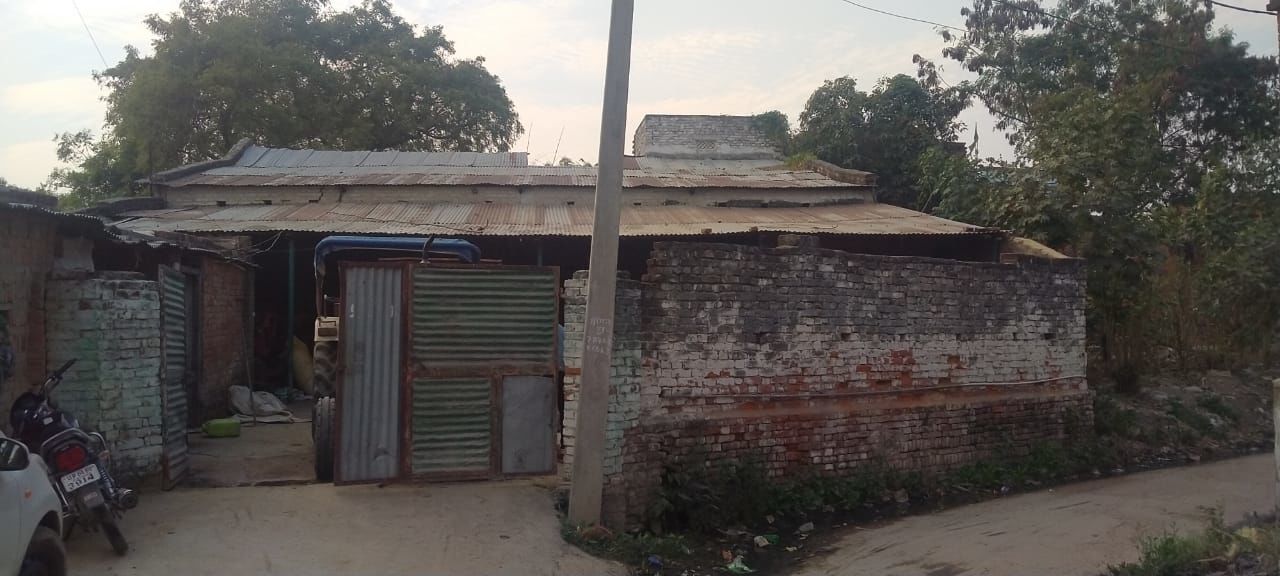
This led to an uproar of protests and court cases that are still being fought with no solution in sight. The disputed rice mills continue to be shut and the farmers continue to be exploited and forced to sell their produce at low rates to middlemen who then transport their paddy to Punjab and Haryana to sell at MSP.
Farmers suffer
“If we are able to secure the government rate, we may end up getting approximately one thousand eight hundred and eighty eight per quintal as per the MSP, but if we sell in the open market, we get only between Rs 900 and Rs 1,200 per quintal,” Deepak Sharma, a farmer from village Bhadheria, block Ramgarh in Ramgarh assembly constituency of Kaimur district, told Gaon Connection.
According to him, growing paddy needs huge investment. “We buy paddy seeds for forty to forty five rupees a kilo. We then spend nearly two thousand rupees on ploughing and sowing the seeds. About a thousand rupees goes towards manure and irrigation costs,” he explained. Further, machine harvesting of the crop and its transportation from the field to house is about six thousand. “If all these are added, the cost comes around to Rs 3,600 per bigha. One bigha yields about two to three quintals of paddy. Now, you do the math and estimate the damage yourself,” he added.
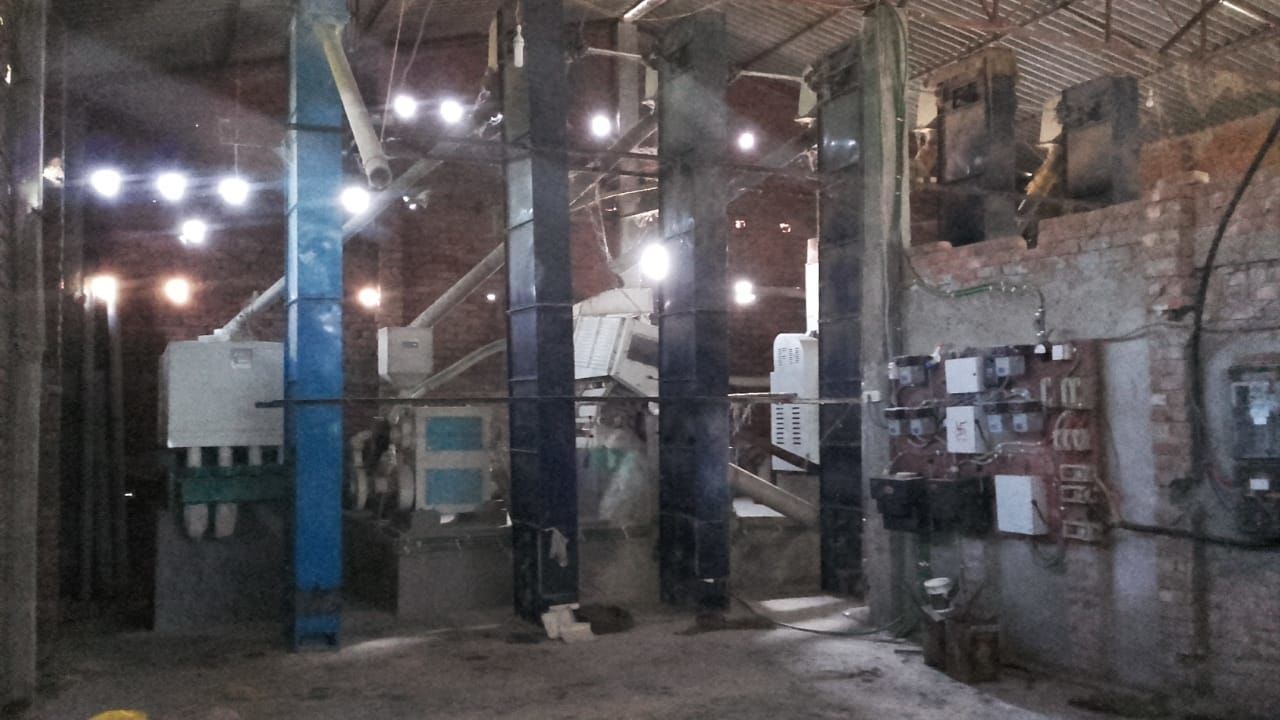
If the farmers in Bihar want to sell their paddy to the government, they have to register online with the department of cooperatives. However, the data indicates very poor procurement in the state through the government procurement agencies.
In 2019-2020, about 4,09,368 farmers submitted online applications for paddy procurement.
“Our region mostly cultivates the Mansuri variety of paddy which earlier had a major demand in Jharkhand. That has almost ended,” Deepak Konar, a rice mill owner from Rohtas, told Gaon Connection. He said the mill owners were better off in the early days when they used to receive the paddy from the farmers, process it and then sell it. “The farmers also used to get good prices. If the miller fails to get the right price, how would he possibly give a fair price to the farmers, ” he asked.
While the government and the millers fight it out in the courts, officials drag their feet on procedure, the paddy farmers in Bihar continue to suffer the backlash of a decade-old multi-crore rice scam.

